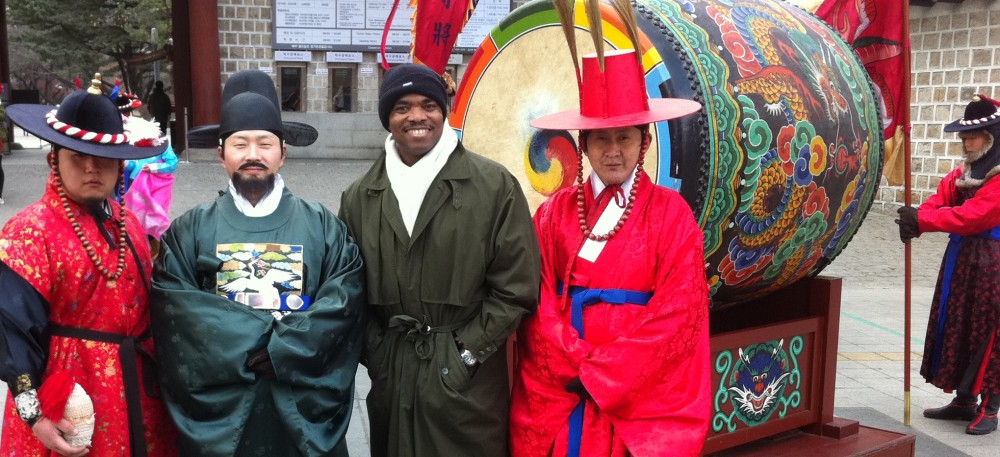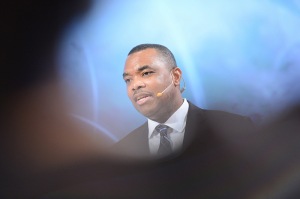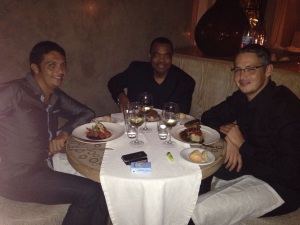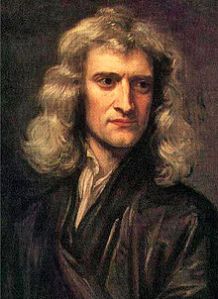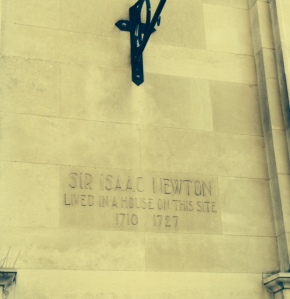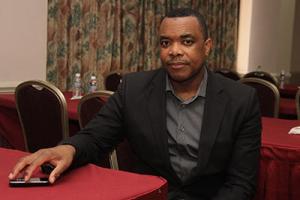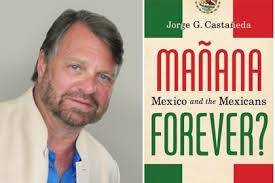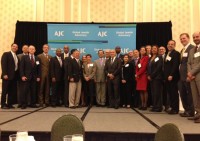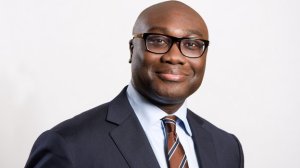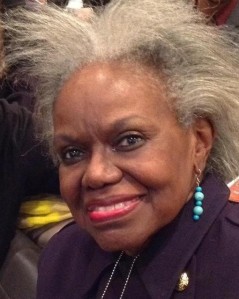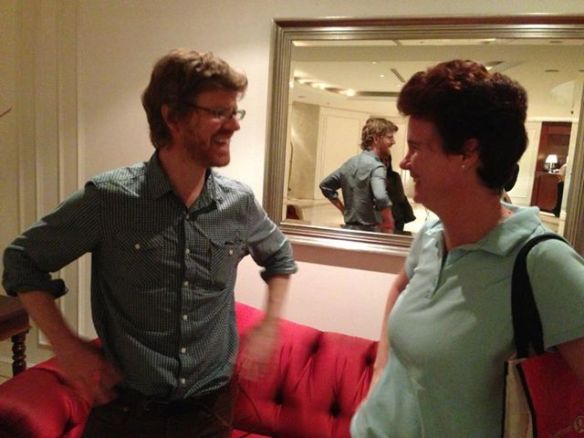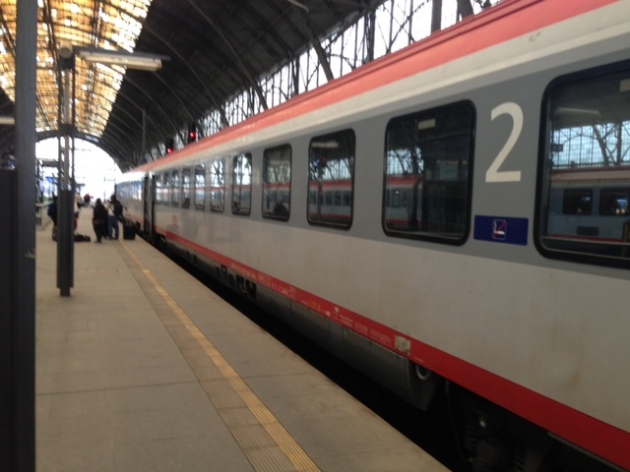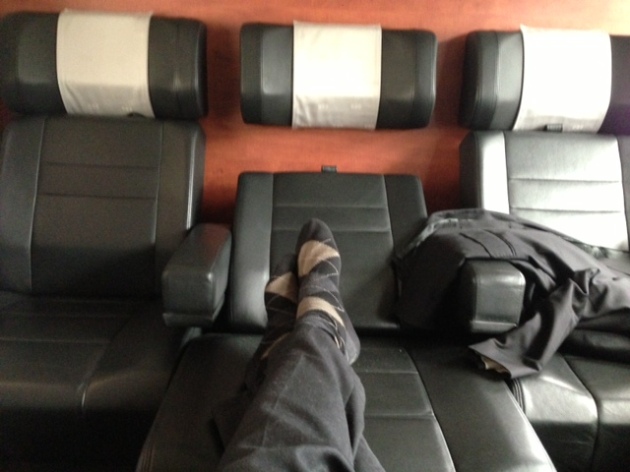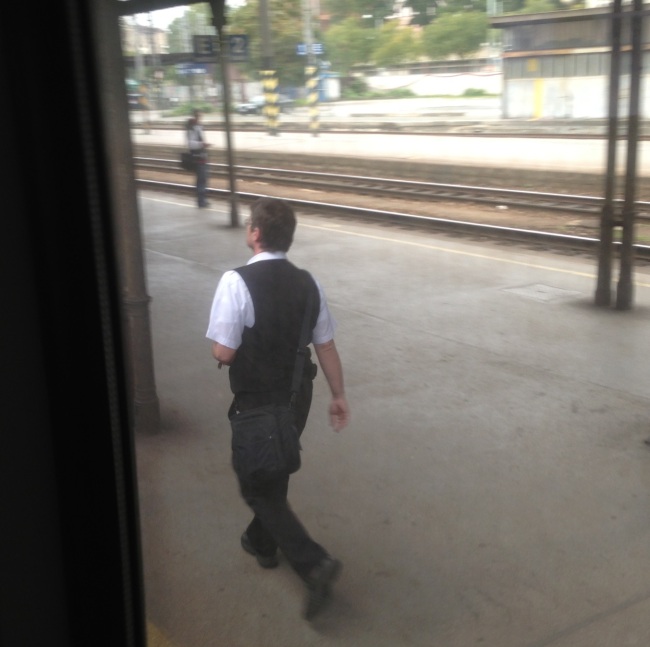When I travel, I enjoy giving you a behind-the-scenes look at experiences that help make the trip memorable. What follows are snapshots from my current dash from Marrakech to London to Toronto to Washington, D.C. to Miami.
LATE IRON LEAVES ME STEAMED
I arrived in Marakech on Thursday to attend the Atlantic Dialogues. I was honored to be asked to do the prologue, the opening speech that sets the stage for the discussions to follow. The night before the opening, I asked the hotel for an iron. None came. Fine, I thought, I would use steam the shower to unwrinkle my shirt. It worked. An hour before the speech, I heard a knock on my door. I opened it to find that housekeeping had finally sent the iron. I didn’t really need it but thought what the heck, I should run it over my shirt to give it a crisp look. I untangled the cord and began ironing, my mind mostly on the speech. I felt a sting on my thigh and quickly pulled the iron away. Yep, I had accidentally burned myself. Sometimes, I thought, best to leave well enough alone, as my mom used to say. As I gave the prologue, I could still feel a slight pain in my thigh. Probably explains why some in the audience said later that I was on fire.
CATCHING UP WITH FRIENDS IN MARRAKECH
One of the great delights of travel is visiting with friends around the world. In Marrakech, I had the great pleasure of catching up with my friend Karim. We met on my first visit to Morocco more than five years ago. His family is connected to the family of another good friend, Madhu Metha. At Madhu’s request, Karim showed me around Casablanca. He was a great host and guide. The best part of the visit was dining at Rick’s Cafe, which made me feel for a moment that I was part of a different time. Sam was even at the piano.
I emailed Karim when I arrived in Marrakech to see if he planned to be here for the weekend. I was surprise when he said yes; he had a wedding to attend. We met up a day after the wedding and his brother Hassan joined us. It was great catching up over dinner at the Pacha Complex, a massive compound of restaurants and clubs that he co-owns in Marrakech. Over great wine and food (I had the rabbit) we talked about everything, from Middle East politics to the Florida gubernatorial elections. After dinner, we popped into a few of his other restaurants and the Pacha nightclub. His Churrascaria Marius Brazilian restaurant was incredible: people clapping, dancing on tables. It was quite a show. Dining there next time I’m in Marrakech. I returned to my hotel just in time to get an extra hour of sleep because clocks were being turned back an hour. (See next post).
MARRAKECH HOTEL AND TIME MANAGEMENT
I had problems sleeping most nights. My first morning, I got up in the night and wondered the time, having forgotten to set by watch. I dialed the front desk. “7 minutes to 5,” came the voice on the other end. “7 to 5?” I asked, a bit puzzled. The TV was showing a different time, although I didn’t quite trust it. “Are you sure?” I pressed. He responded with 6:55, which matched what I was seeing on the TV. Of course, that’s far different from 4:53 – although I could have used the extra couple hours of sleep.
CONNECTING SIR ISAAC NEWTON, FAREED ZAKARIA AND BLOOMBERG’S DAN DOCTOROFF
Sometimes you see something that makes your jaw drop. That happened Monday morning as I sat for breakfast at the Radisson Blu Edwardian at Leicester Square in London. As I bit into one of the most delicious omelets I’ve ever had, I looked across the street at what a new library building. A historic marker was etched into the side: “SIR ISAAC NEWTON LIVED IN A HOUSE ON THIS SITE. 1710-1727” Wow! I thought. That night, I was to interview Fareed Zakaria and Bloomberg CEO Daniel Doctoroff at the Toronto Global Forum as part of the Executive Club dinner. I had just read on the flight to London (where I spend the night en route Toronto from Marrakech) that Fareed was listed among the 100 great thinkers of our time. I thought I should refer to this somehow in the introducing both men – I’m a big fan of both – to help begin and
frame the discussion that was to follow. I told the story of spotting the sign and referred to Fareed and Dan as great thinkers of our time. Dan demurred. But after our discussion, I don’t think anyone in the room disagreed with my characterization. They were outstanding. We traveled the world, touching on issues from Brazil to Obama to the Middle East to the European economic crisis to the attack in Ottawa to 911 to the 2016 U.S. presidential election. Wish we had more time: wanted to get to Russia and quantitative easing. Next time.
